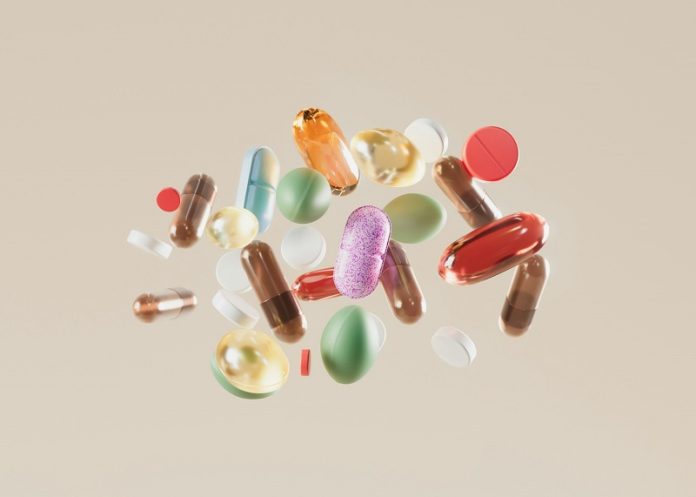
The liver is one of the most important organs in the body. It helps process nutrients, removes toxins, produces bile to digest fat, and plays a role in blood sugar control.
When the liver is damaged—due to alcohol, infections like hepatitis, fatty liver disease, or medications—it can affect your overall health.
Fortunately, the liver is also very good at healing itself, especially when supported by a healthy lifestyle and the right nutrients. Research shows that certain vitamins can help repair and protect the liver.
One of the most well-known vitamins for liver health is vitamin E. This vitamin acts as a powerful antioxidant, which means it helps protect liver cells from damage caused by harmful molecules called free radicals.
Studies have shown that vitamin E supplements can reduce inflammation and fat buildup in people with non-alcoholic fatty liver disease (NAFLD). A study in the journal *Hepatology* found that people who took vitamin E had improved liver function and reduced liver damage compared to those who didn’t.
Vitamin D is another important nutrient. While it’s mostly known for supporting bone health, recent research shows it may also play a role in liver repair. Low levels of vitamin D are common in people with chronic liver disease.
Some studies suggest that raising vitamin D levels can help reduce liver inflammation and improve the immune system’s response. Getting sunlight, eating foods like fatty fish, or taking supplements can help increase vitamin D levels.
Vitamin C is also helpful because it supports the immune system and helps the body absorb iron. It’s another antioxidant that protects liver cells from oxidative stress.
While more research is needed to confirm its full benefits for liver disease, some studies suggest that vitamin C, especially when combined with vitamin E, may support liver healing in people with fatty liver conditions.
B vitamins, including B1 (thiamine), B6, B12, and folate, are essential for energy production and cell repair. People with liver damage, especially those with alcohol-related liver disease, often have low levels of B vitamins.
Supplementing with these vitamins can help restore healthy liver function. For example, vitamin B12 and folate support the production of red blood cells and may help prevent liver scarring.
Another important nutrient is N-acetylcysteine (NAC), which is a form of the amino acid cysteine. Although not a vitamin, it’s worth mentioning because it helps the body produce glutathione—a key antioxidant that plays a central role in liver detoxification.
Doctors sometimes use NAC to treat liver damage caused by acetaminophen (Tylenol) overdose, and ongoing research is exploring its benefits for other liver problems.
While vitamins can support liver repair, they work best when combined with healthy habits. Avoiding alcohol, eating a balanced diet rich in fruits and vegetables, maintaining a healthy weight, and exercising regularly are all critical for liver health.
It’s also important to talk to a doctor before starting any new supplements, especially if you have an existing liver condition.
In summary, the liver can heal with the right care, and certain vitamins—especially vitamin E, D, C, and B—can help support this process. With the right nutrients and lifestyle, you can give your liver the support it needs to stay strong and healthy.
If you care about liver health, please read studies that refined fiber is link to liver cancer, and the best and worst foods for liver health.
For more health information, please see recent studies about how to boost your liver naturally, and simple ways to detox your liver.
Copyright © 2025 Knowridge Science Report. All rights reserved.



